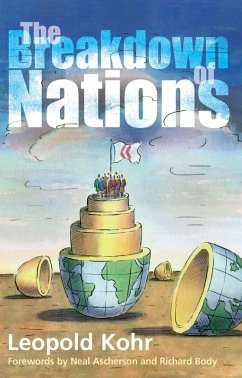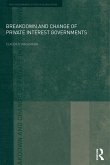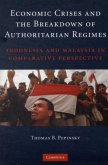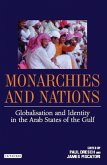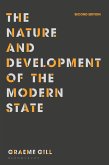A fascinating manifesto, proposing that the world should be split into smaller regions to distribute power more evenly.
Written by one of the most original political thinkers of the 20th century, in The Breakdown of Nations, Leopold Kohr shows that throughout history people living in small states are happier, more peaceful, more creative and more prosperous. He argues that virtually all our political and social problems would be greatly diminished if the world's major countries were to dissolve back into the small states from which they sprang. Rather than making even larger political unions, in the mistaken belief that this will bring peace and security, we should minimise the aggregation of power by returning to a patchwork of small, relatively powerless states where leaders are accessible to and responsive to the people.
Originally published in 1957, this new edition features forewords by Neal Ascherson and Richard Body. The material has been noted for its striking relevance to the current political situation, with globalisation, war, nuclear weapons and the rise of electronic gadgets leading to concern over whether we should re-examine the implications of the size of political groupings, whether they be states, nations or federations.
In these turbulent times, recognise the beauty and potential in small political nations with this inspiring read.
Written by one of the most original political thinkers of the 20th century, in The Breakdown of Nations, Leopold Kohr shows that throughout history people living in small states are happier, more peaceful, more creative and more prosperous. He argues that virtually all our political and social problems would be greatly diminished if the world's major countries were to dissolve back into the small states from which they sprang. Rather than making even larger political unions, in the mistaken belief that this will bring peace and security, we should minimise the aggregation of power by returning to a patchwork of small, relatively powerless states where leaders are accessible to and responsive to the people.
Originally published in 1957, this new edition features forewords by Neal Ascherson and Richard Body. The material has been noted for its striking relevance to the current political situation, with globalisation, war, nuclear weapons and the rise of electronic gadgets leading to concern over whether we should re-examine the implications of the size of political groupings, whether they be states, nations or federations.
In these turbulent times, recognise the beauty and potential in small political nations with this inspiring read.

